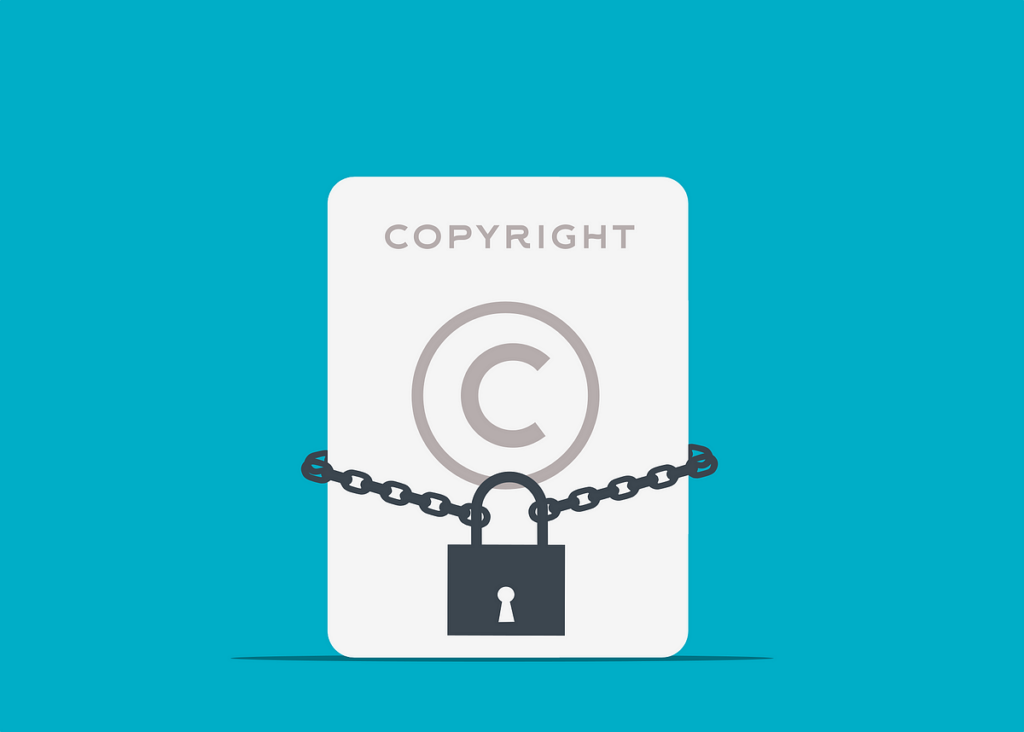OpenAI, a number one group in synthetic intelligence improvement, has confronted rising scrutiny over the sources it makes use of to coach its superior AI fashions comparable to ChatGPT and GPT-4. A latest research has introduced new controversy to mild, claiming that OpenAI has used copyrighted supplies within the coaching information of its language fashions. As AI turns into extra embedded in our lives, this raises urgent questions on ethics, legality, and the way forward for content material possession within the digital age.
Coaching large-scale AI fashions requires huge datasets. These datasets usually embody textual content, pictures, audio, and code scraped from throughout the web. The issue lies in the truth that a lot of this content material is copyrighted, even whether it is publicly accessible.
There’s a wonderful line between utilizing publicly accessible information and infringing on copyright. Whereas AI builders argue that large-scale net scraping is crucial for mannequin efficiency, critics query whether or not such practices are moral or authorized, particularly when the unique content material creators aren’t compensated or credited.
The research in query, performed by a gaggle of educational researchers, analyzed outputs generated by OpenAI fashions and matched them to identified copyrighted texts. They discovered compelling proof that fashions like GPT-4 can reproduce copyrighted content material verbatim, together with excerpts from books, articles, and proprietary databases.
Researchers used immediate engineering methods to coax the fashions into revealing particular content material, elevating considerations that these AI programs are successfully “memorizing” and reproducing materials from their coaching information.
Reactions have been combined. Some AI ethicists argue this can be a pure byproduct of coaching on giant datasets. Others see it as a significant violation of mental property rights.
OpenAI has maintained that its coaching strategies fall below the authorized doctrine of “honest use,” a provision in copyright regulation that permits restricted use of copyrighted materials with out permission for functions comparable to schooling, commentary, and analysis.
Nevertheless, honest use is a authorized grey space, particularly when utilized to business AI fashions producing income from content material realized by means of probably unauthorized sources. The authorized implications are important, with main lawsuits already underway — together with a high-profile case introduced by The New York Instances, alleging that OpenAI used its articles with out permission.
If courts rule that AI-generated content material derived from copyrighted works constitutes infringement, it might reshape the way forward for AI improvement and information sourcing.
Past legality, the moral considerations are huge. Content material creators argue that their work is being exploited with out consent or compensation, whereas AI builders defend their practices as essential for technological development.
The dearth of transparency in AI coaching datasets solely deepens the controversy. Many corporations, together with OpenAI, don’t publicly disclose the precise sources used for coaching, citing proprietary considerations. This secrecy makes it tough to audit the fashions or implement accountability.
Some consultants recommend licensing agreements or revenue-sharing fashions as a possible answer. Others advocate for stricter regulation to make sure moral and authorized compliance.
To keep away from future authorized conflicts and construct public belief, AI corporations could have to undertake extra accountable information sourcing practices. This might contain buying licenses, creating artificial coaching information, or relying extra closely on open-access assets.
Governments and regulatory our bodies are beginning to take discover. The EU’s AI Act and ongoing legislative efforts within the U.S. point out a shift towards extra oversight in AI improvement.
Sooner or later, we might even see the emergence of AI-specific copyright frameworks that stability innovation with mental property rights. In the meantime, corporations might want to tread fastidiously as they navigate this evolving panorama.
The research’s findings have added gasoline to the continued debate over AI, information utilization, and copyright regulation. As generative AI continues to advance, it’s essential to strike a stability between innovation and respect for content material creators. The business stands at a crossroads: will it double down on secrecy, or embrace transparency and moral duty?
Solely time will inform, however one factor is for certain: the way in which we practice and regulate AI right now will form the digital world of tomorrow. Creators, builders, and policymakers all have a task to play in guaranteeing that future is each revolutionary and honest.
